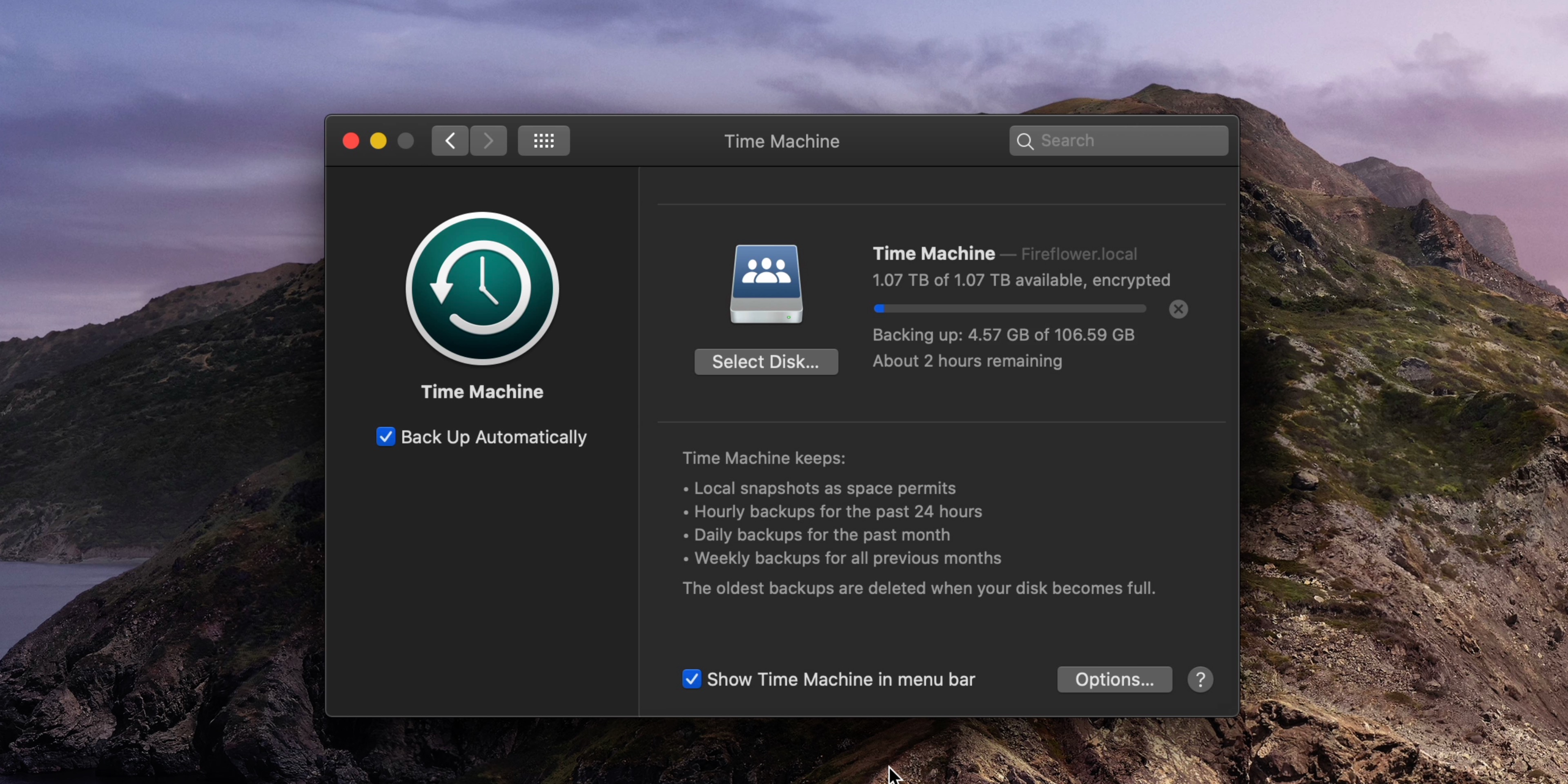Asynchronous: Checking this option allows your Synology NAS to reply to requests from NFS clients before any changes to files are completed, yielding better performance. Allowed non-privileged port: Checking this option allows NFS clients to use non-privileged ports (i.e. Ports greater than 1024) when connecting to the Synology NAS. Boxcryptor is the solution to secure your data in the cloud of your choice. With Boxcryptor you choose safety – no matter what storage provider you prefer. We do our best to support all of your favorite providers. Search for your provider. Boxcryptor is the solution to secure your data in the cloud of your choice. With Boxcryptor you choose safety – no matter what storage provider you prefer. We do our best to support all of your favorite providers. Search for your provider. There are actually two versions of boxcryptor- the older, 'classic' version used encFS under the hood, and could even be used to decrypt existing encFS folders. The new 2.0 version uses something. Leo Laporte: This is Security Now! With Steve Gibson, Episode 734, recorded September 14th for airing October 1st, 2019: The Joy of Sync. It's time for Security Now!, the show where we cover your security and privacy and, today, data synchronization with this guy here, Steve Gibson of GRC.com.
I just changed large parts of our family backup strategy, and looking back, it’s been 2 years since I last detailed what we use, so I thought it’d be a good time to revisit the topic. In our family, for computers, we have several Macs. For data, we have about 20 GB of personal and financial documents, and a little more than 200 GB of photos. I believe in having at least two backups, one of which must be offsite/in the cloud.
Previously, we used Dropbox and Boxcryptor to share our personal files, and the photos resided on a Synology DS412+ NAS. I was never comfortable having our personal information on Dropbox, even using Boxcryptor, which had the side effect of making things more cumbersome. Synology has a private Dropbox feature, called Cloud Station, and we’ve moved everything off of Dropbox onto it. It’s been problem free.


For backups, we continue to use Time Machine to back up our Macs to a Time Capsule, and Crashplan to back up our Macs to the cloud. This works fine. Previously, I had also used Crashplan on the Synology to backup our photos to the cloud and also to an external USB drive. This never worked well. Crashplan is not officially supported on Synology, so anyone wishing to use it has to rely on a third-party package. Every time Synology updated the operating system (which is fairly often), Crashplan would break. It would also break at other, random times. Finally I couldn’t get it to work anymore at all. As an aside, as part of my trouble-shooting, I learned that if there are problems, the Synology will mount the USB drive as read-only, but not make it apparent that it has done so. This backup system was just not working.
Boxcryptor Synology Cloud Station
So, I threw out Crashplan and the external USB drive on the Synology, and replaced it with two things. First, I started using Synology’s package to do backups to Amazon Glacier, their cloud archiving service. It took about 5 days to backup 230 GB of data, and cost a little under $10. If I understand the billing correctly, it will continue to cost about $10/month to store that data, which I agree is somewhat expensive. And should I need to recover it, it will cost a lot more. But I consider the Glacier backup a disaster recovery backup only, and don’t anticipate ever having to recover from it. The Glacier backup is scheduled to run once a week.
The other thing I did was purchase a second Synology NAS (a DS415+, the next hardware rev of the DS412+), and set up nightly backups from the first Synology. I believe it’s an rsync-based system, and it provides multiple versions of files. It was painless to set up, and because it’s a local backup, it took a bit less than 2 hours to do a full backup.
Synology Cloud Sync Boxcryptor
So now, I have our data on 4 hard drives locally (each Synology has 2 drives in a RAID), as well as in the cloud. Additionally, our Macs are backed up to two different places, one of which is in the cloud.
